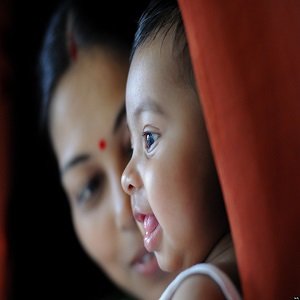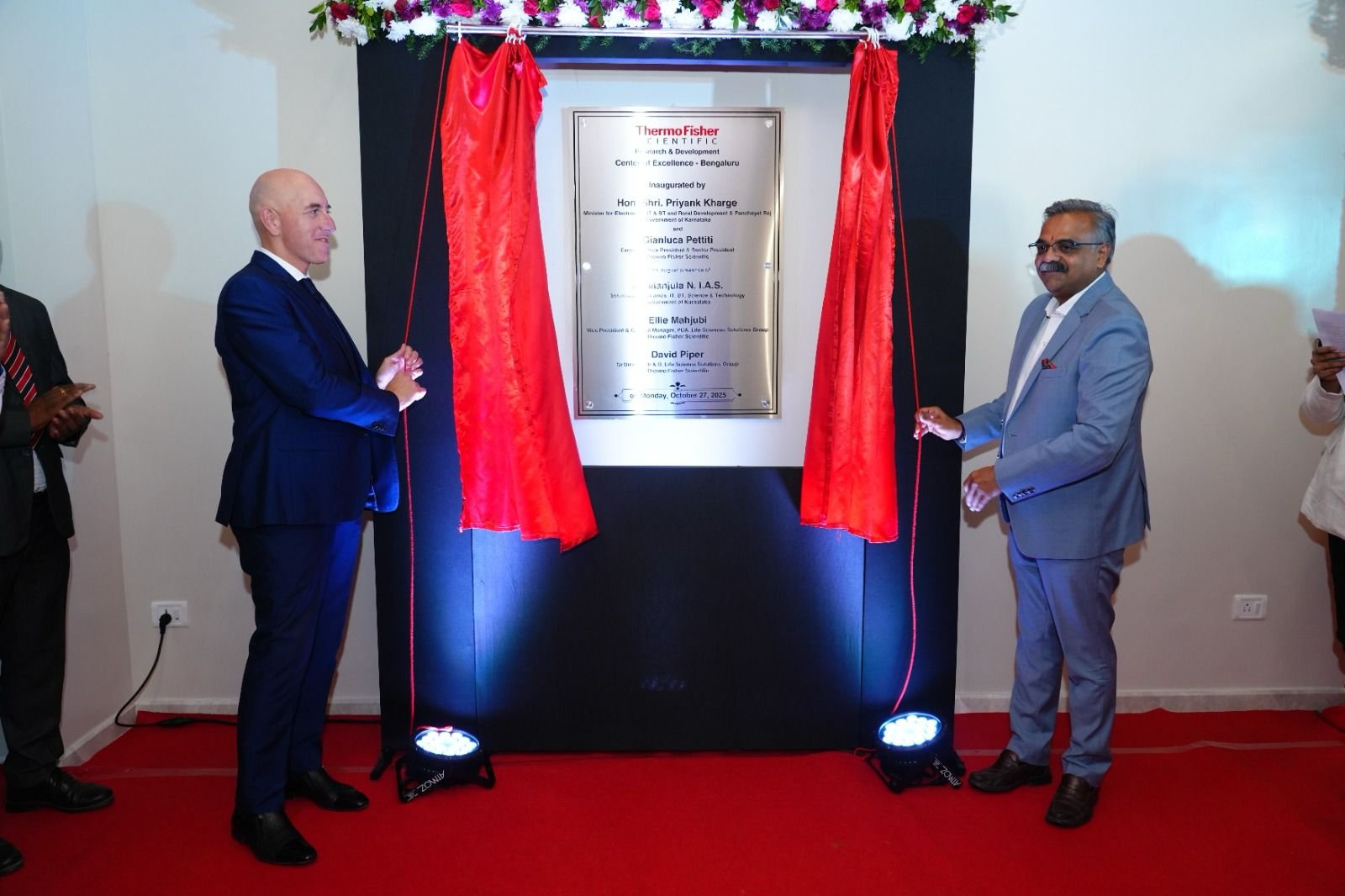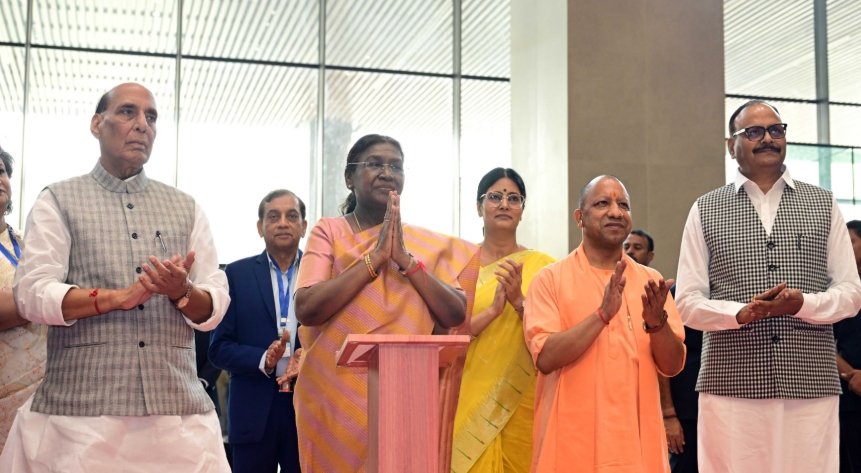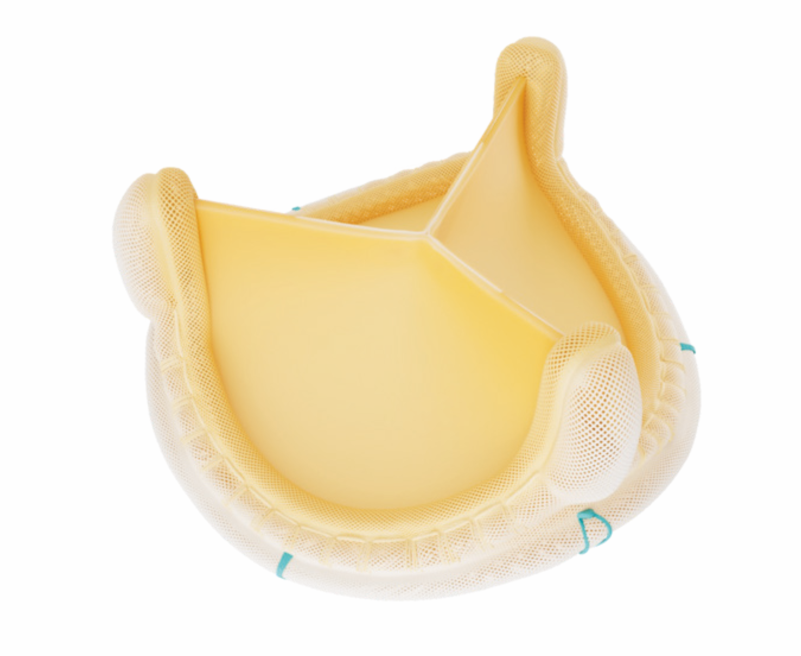India achieved 65% decline in maternal mortality
May 07, 2014 | Wednesday | News | By BioSpectrum Bureau
India achieved 65% decline in maternal mortality: UN
Maternal Mortality rate dips in India
"A woman dies every one and half to two minutes in a process of giving life." Mr Marleen Temmerman, who heads the WHO's department of reproductive health remarked. Though, India has recorded a decline of 65 percent in maternal mortality rate, but along with Nigeria it accounted for one third of the global maternal deaths last year. India showed 17 percent of maternal mortality with fifty thousand maternal deaths according to a UN report. It was among the ten countries that comprised 58 percent of the global maternal deaths reported in 2013. The other nine nations are Nigeria, Democratic Republic of Congo, Ethiopia, Indonesia, Pakistan, Tanzania, Kenya, China and Uganda.
According to WHO trends, an estimated 2, 89,000 women died in 2013 from complications in pregnancy and childbirth as compared to 5, 23,000 in 1990, which represented a decrease of 45 percent in maternal mortality. The sub-Saharan region alone accounted for 62 percent (179,000) of global deaths followed by South Asia at 24 percent (69,000). Among its findings, Bhutan, Cambodia, Cabo Verde, Equatorial Guinea, Eritrea, Lao People's Democratic Republic, Maldives, Nepal, Romania, Rwanda, and Timor-Leste are the 11 countries that had high levels of maternal mortality in 1990 and have reached the Millennium Development Goal (MDG) target of a 75 percent reduction.
The Deputy Executive Director of the UN Children's Fund (UNICEF), Ms Geeta Rao Gupta, said, " There is a 1 in 40 risk of a 15-year-old sub-Saharan African girl dying during pregnancy and childbirth, while, a European girl of the same age has a risk of 1 in 3300, indicating the uneven progress around the world." Pre-existing medical conditions such as diabetes, HIV, malaria and obesity, whose health impacts can be aggravated by pregnancy, heighten the risk of death for pregnant women causing one in four maternal deaths, as per a second WHO study. Mr Flavia Bustreo, assistant director-general for WHO's Family, Women's and Children's Health, said, "There is a need to invest in quality care for all women during pregnancy and childbirth and, particular care for pregnant women with existing medical conditions."









